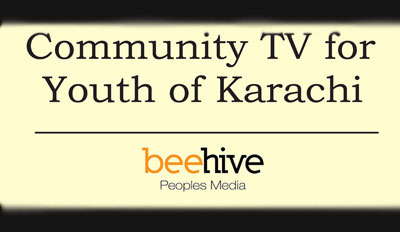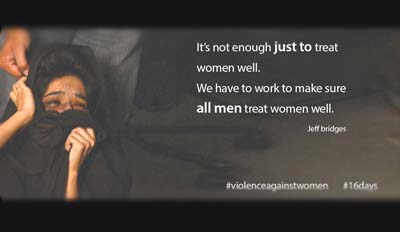PECB: How far have we gone?
By Khazima Munaf
Crime, loosely defined as a wrongdoing, is basically an action or omission that constitutes an offense prosecuted by the state and is punishable by law. The history of criminology traces how notions of fairness compelled people to ascribe laws from banishment to torture and then death. This journey of evolution makes for an interesting read but what is most interesting is discovering those who declare what actions constitute crimes.
Humans claim we have come a long way. With the nation-states system, democracy and liberalism we do possess that sense and direction required to lead civilized lives or if not allowed, continue its pursuit. But with the rapid technical globalization, crimes have lately become slicker to define and manage.
The post 9/11 world never fully recovered from the blow it was dealt. It continues reeling from the many lashes hydra-type terrorism doles out on a daily basis. But instead of retracing our steps that landed us in this quagmire in the first place, our leaders are bent on reshaping the charter of our Fundamental Rights into one where every statement smacks of fear and a need to control variables. FutureToday brings forth one such case study where our beloved Land of the Pure attempts and has partially succeeded in articulating its set of laws to curb cybercrime, the biggest and the most difficult to administer tool of terrorism in the 21 st century as argued by many.
PECO (Pakistan Electronic Crime Ordinance) was promulgated by Musharraf in 2007 due to all the anti-Terrorism initiatives our countrymen were involved in. Since it was an ordinance, it lapsed in 2009 but one cannot ignore the huge uproar against it because innocent people were being charged and framed. It gave excessive powers to FIA (Federal Investigation Agency) which, since unchecked, were abused.

Once it lapsed, there were efforts to renew it and introduce PECO as an Act. That is when the IT industry really got involved and started drafting their own version. ISPAK (Internet Service Providers Association) and P@SHA (Pakistan Software Houses Association) led this project. There were meetings at the Ministry of IT & Telecommunications in 2014 which members of P@SHA & ISPAK attended to finalize the industry stakeholder draft but one should bear in mind that no civil society organization or members were privy to these meetings or drafts. This was then sent to the Cabinet Division. From there it emerged earlier this year with modifications.
After this, a sub-committee was formed to work on the bill further. Bolo Bhi, a non-profit IT advocacy firm has taken initiative to ensure this Bill does not violate human rights. It held consultations with industry and civil society members, and technical experts and were also in touch with the original drafters of this law. The National Assembly’s Standing Committee on IT constituted a sub-committee but since then only a government-led committee has been reviewing and modifying the draft. This was expressed recently by MNA Shazia Marri and Senator Mushahid Hussain in the presence of Minister Anusha Rahman on Hamid Mir's show, saying the bill has not been shared with them. Even parliamentarians in opposition have been kept in the dark about it. But why? What are the pressures dictating the expediency around this Bill?
To be continued …








